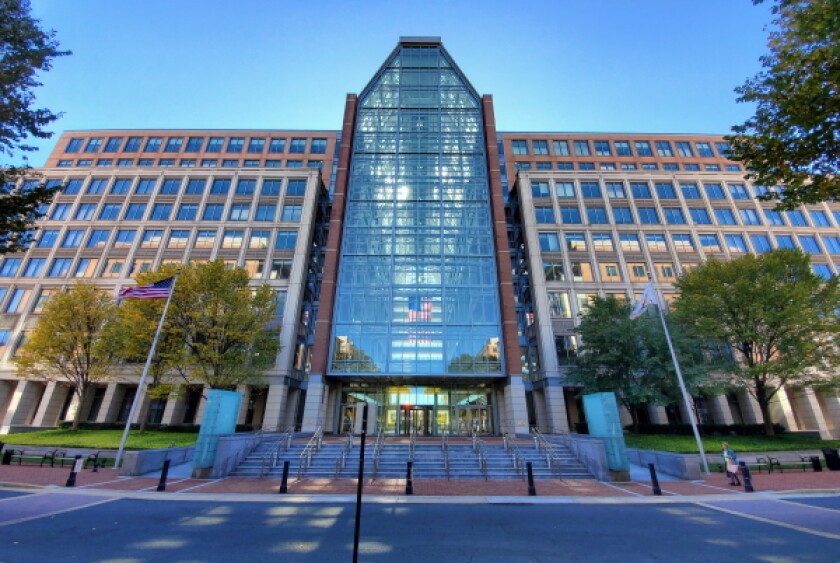The USPTO warned US applicants not to select Rospatent as a search or examining authority under WIPO’s Patent Cooperation Treaty today, March 22.
The USPTO sent out an alert stating that applicants should exercise caution before selecting Rospatent as an international searching authority or international preliminary examining authority under the PCT.
Related stories
Doing so, it said, might prevent international applications under the PCT from being successfully processed, including the transmittal of required fees through financial institutions.
A source at the USPTO said the office had issued this warning because it was working with the Department of State to terminate the agreement allowing US applicants to select Rospatent as a search or examining authority under the PCT.
As per the agreement, the termination would become effective six months after formally notifying Rospatent.
This development follows a growing trend of IP offices severing ties to Russia and Belarus in reaction to the war in Ukraine.
The EPO announced that it had suspended its co-operation with the Belarus and Russia IP offices and the EAPO on March 1. The EUIPO similarly cut ties with Rospatent and the EAPO on March 9.
In contrast, the CNIPA said on March 8 that it would extend its PPH agreement with the EAPO.
The update comes just over two weeks after the USPTO ended co-operation with officials from the Russian intellectual property office Rospatent and the EAPO on March 4, and more than a week after it ended its Global Patent Prosecution Highway (PPH) agreement with Rospatent on March 11.











